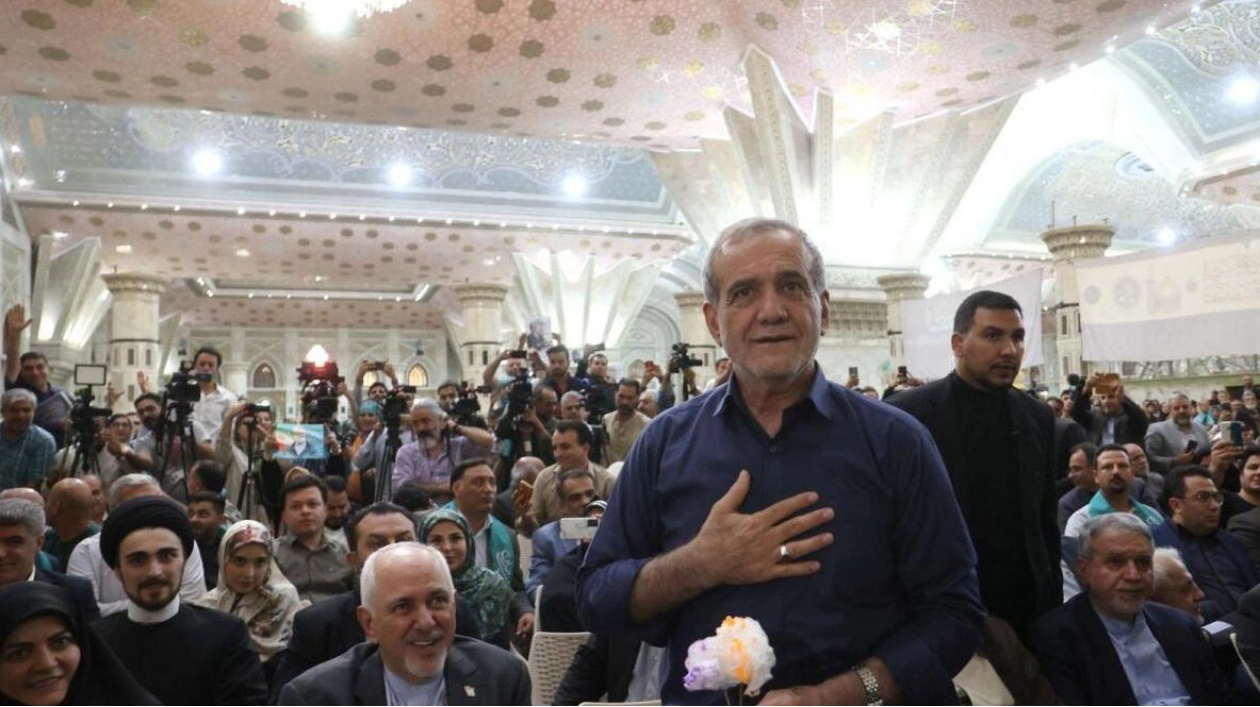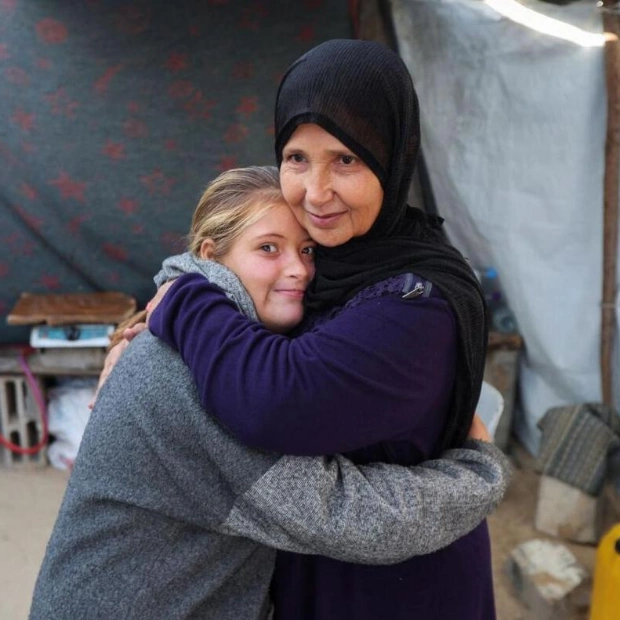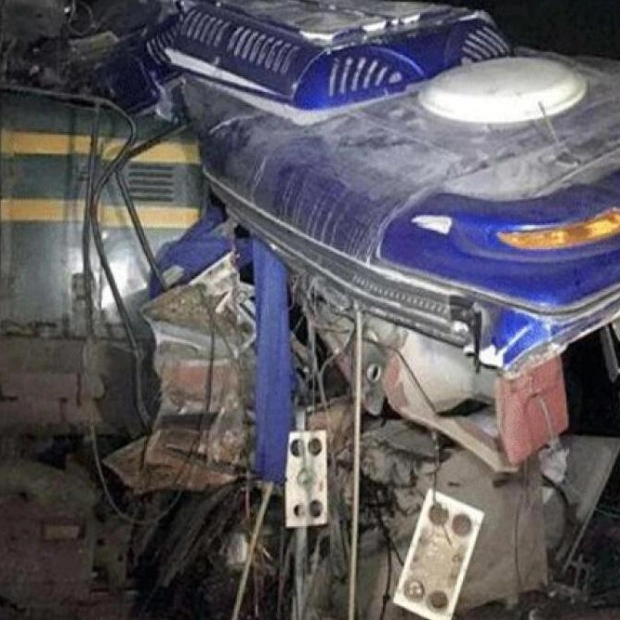Masoud Pezeshkian's triumph in Iran's presidential elections has provided a unique opportunity to ease long-standing tensions regarding Tehran's nuclear program, despite no signs of imminent resolution to the crisis. Pezeshkian's victory over ultra-conservative Saeed Jalili, a former chief nuclear negotiator known for his inflexibility and approach that alienated Western diplomats, is a relief for European governments aiming to sustain dialogue on the issue. The newly elected president received support from former president Hassan Rouhani, who during his tenure spearheaded efforts to mitigate the crisis. Pezeshkian also highlighted his campaign team's inclusion of former foreign minister Mohammad Javad Zarif, who has previously engaged intensively with European officials on the nuclear matter.
However, upon assuming office, Pezeshkian will not hold the highest authority in Iran on foreign policy or nuclear issues; that role remains with supreme leader Ayatollah Ali Khamenei, who has led the Islamic republic since 1989. During the election campaign, following the tragic death of hardline president Ebrahim Raisi in a helicopter crash, Pezeshkian, aged 69, advocated for a more Western-friendly Iran. He promoted "constructive relations" with Washington and Europe to end Iran's isolation. According to Thierry Coville, an Iran specialist at the Institute of International and Strategic Relations (IRIS), Pezeshkian's approach contrasts sharply with that of Saeed Jalili, who dismissed the economic impact of international sanctions.
The 2015 Iranian nuclear deal, the JCPOA, negotiated with the United States, China, Russia, France, Germany, and the UK, was intended to regulate Iran's nuclear activities in return for lifting international sanctions. However, since the US unilateral withdrawal from the agreement in 2018 under former president Donald Trump, Iran has progressively disregarded its obligations. Tehran strongly refutes any intention to develop nuclear weapons, yet its nuclear program continues to expand. The International Atomic Energy Agency (IAEA) reports that Iran is the only non-nuclear armed country enriching uranium to 60 percent, nearing the 90 percent required for a bomb, and accumulating substantial stocks. Western diplomats interviewed by AFP indicated that Jalili's victory would have exacerbated the situation, describing him as a "hardliner" known for ideological speeches and inflexible negotiation tactics.
Restoring the 2015 nuclear deal is no longer feasible due to significant changes on the ground, according to Ali Vaez, Iran project director at the International Crisis Group. Iran's advanced nuclear program, persistent sanctions, low trust levels, and differing views among world powers make a sustainable solution elusive. However, Vaez suggests that Pezeshkian's experienced diplomatic team could facilitate a series of transactional agreements to prevent a crisis, even if a lasting solution remains out of reach. Pezeshkian's election occurs at a critical time for Iran, with heightened tensions between Israel and Iran following the October 7 attack by Hamas on Israel and the subsequent war in Gaza. Western governments worry about a potential new conflict between Iran-backed Hezbollah and Israel in Lebanon.
Israel, suspected by some observers of intensifying sabotage operations inside Iran, has not ruled out military action against Iranian nuclear facilities and might be emboldened if Trump wins the American presidential election against the Democrats. Iran is acutely aware that any sanctions relief must be negotiated with Washington, making the outcome of the US elections a crucial factor. European countries, emerging from their own elections and facing limited maneuverability, have compromised their position by accepting American sanctions against Tehran, according to Thierry Coville.






